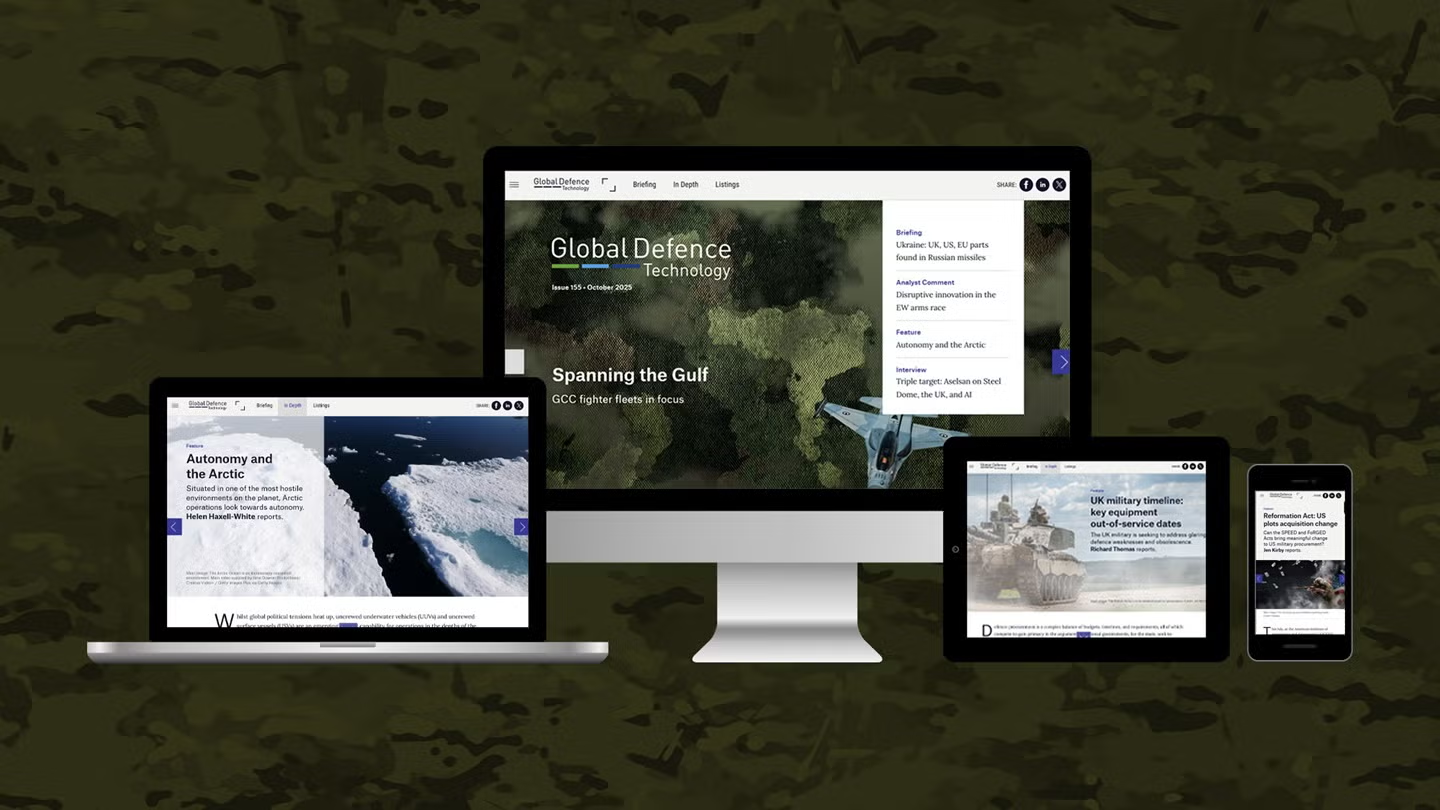The Evolution of Defence Technology
Spanning the Gulf: Advancing Global Defence Technology for Security,Over the past few decades, defence technology has undergone an extraordinary transformation. What was once limited to basic weapons and fortifications has evolved into highly sophisticated systems capable of influencing global power dynamics. Nations across the world are investing heavily in research and development, striving to maintain strategic superiority. Advanced technology now plays a central role not just in military strength but also in national security and international diplomacy.
From the early innovations of radar and ballistic missiles to modern artificial intelligence-enabled systems, the pace of technological advancement has been unprecedented. Countries are no longer merely competing in terms of manpower but in precision, intelligence, and speed. Defence technology today is a complex ecosystem involving software, hardware, and seamless integration of various military platforms.
Strategic Importance in Modern Warfare
In the contemporary geopolitical landscape, the importance of defence technology extends beyond traditional warfare. Technological superiority often acts as a deterrent, preventing conflicts before they escalate. Nations with advanced capabilities can safeguard their borders, project power, and maintain strategic influence across regions.
Drones, cyber defence mechanisms, satellite-based surveillance, and missile defense systems have become crucial assets. Their role is not confined to direct combat but also in intelligence gathering, counter-terrorism, and securing critical infrastructure. By integrating advanced technology, military operations have become faster, more precise, and less reliant on sheer numbers, redefining the concept of warfare.
Cutting-Edge Innovations Driving Global Defence
One of the most remarkable aspects of modern defence is the diversity of technological innovations shaping the field. Autonomous systems, including drones and unmanned vehicles, allow militaries to perform missions that were previously considered too dangerous. Artificial intelligence and machine learning are transforming decision-making processes, enabling faster responses in complex environments.
Cybersecurity has emerged as a critical frontier. Modern military operations are highly dependent on networks and communication systems, making cyber defense a priority. Nations are developing advanced encryption, intrusion detection, and real-time monitoring systems to safeguard their digital assets. Furthermore, hypersonic missiles and precision-guided munitions are pushing the boundaries of speed and accuracy, creating strategic advantages that can decisively influence outcomes.

The Role of International Collaboration
Global defence technology is no longer confined to individual nations. International collaboration has become a key driver of innovation. Joint research programs, technology sharing, and cross-border partnerships enhance capabilities and foster trust between nations. Collaborative initiatives not only accelerate technological advancement but also ensure interoperability during joint operations or humanitarian missions.
Partnerships between nations and defense companies also fuel innovation. Multinational contracts for the development of fighter jets, missile systems, and naval platforms have proven to be cost-effective and technically rewarding. This global cooperation fosters a culture of shared responsibility, where defence technology contributes to collective security rather than escalating regional tensions.
Defence Technology and Economic Growth
Investments in defence technology also have significant economic implications. The development and production of advanced systems create high-value jobs, stimulate scientific research, and encourage the growth of specialized industries. Countries that lead in defence innovation often experience spillover benefits in civilian sectors, from robotics and aerospace to communication and cybersecurity.
Moreover, defence exports can strengthen international trade relationships and create strategic alliances. Nations capable of producing cutting-edge technology are viewed as influential partners, attracting foreign investment and enhancing their global standing. By linking security with economic growth, defence technology becomes a tool not only for protection but also for national prosperity.
Ethical Considerations and Responsible Innovation
While the benefits of advanced defence technology are clear, they are accompanied by ethical responsibilities. Autonomous weapons, surveillance systems, and cyber capabilities must be managed carefully to prevent misuse. Global standards and frameworks are being developed to ensure that technological advancements align with humanitarian principles and international law.
Responsible innovation requires transparency, accountability, and a commitment to minimizing civilian harm. By prioritizing ethics alongside technological advancement, nations can cultivate global trust, ensuring that defence technology serves as a force for protection rather than destruction.
Emerging Technologies Shaping the Future
The future of defence technology promises even more groundbreaking innovations. Quantum computing, for example, has the potential to revolutionize encryption and intelligence analysis, making communications nearly unbreakable and data processing extraordinarily fast. Similarly, energy-based weapons, such as directed lasers, could redefine battlefield dynamics by offering precise, cost-effective, and environmentally sustainable solutions.
Space-based systems are another emerging frontier. Satellites and orbital platforms are increasingly being used for surveillance, communication, and missile defense, extending the reach of national defense far beyond traditional borders. As nations continue to explore these advanced technologies, the concept of global defence will become more integrated, intelligent, and proactive.

Bridging the Technological Gap
Not all nations have equal access to cutting-edge defence technology. Bridging this gap is essential to maintaining global stability. Knowledge-sharing programs, regional partnerships, and multinational exercises help emerging nations enhance their capabilities without escalating conflicts. Supporting smaller nations in building resilient defense systems fosters trust, reduces vulnerability, and encourages cooperative security frameworks.
A world where every nation can leverage modern defense technology responsibly is a world that is safer, more balanced, and better prepared for unforeseen threats. Bridging the gap is not just a strategic necessity; it is a moral imperative in the pursuit of global peace.
Humanizing Defence Technology
Beyond hardware, software, and strategy, defence technology impacts lives. Soldiers, analysts, and engineers rely on these tools to protect civilians, prevent conflicts, and maintain peace. The human element remains central, even in an era of drones and AI-powered systems. Technology enhances human capability but does not replace the critical role of judgment, courage, and ethical decision-making.
Training programs, mental health support, and leadership development ensure that personnel can utilize advanced systems effectively. By focusing on the human dimension, defence technology becomes not just a tool of power, but a means to safeguard societies and strengthen trust between nations.
Preparing for a Technologically Advanced Defence Era
The global defence landscape is entering a transformative era. Nations that embrace innovation, prioritize ethical standards, and foster international collaboration will shape the future of security. Investments in research, human capital, and responsible policy-making will determine who leads in this new technological frontier.
As we look ahead, the goal is clear: a world where defence technology is a source of strength, security, and stability. By integrating cutting-edge innovations with ethical governance and international cooperation, nations can build a defense ecosystem that protects lives, encourages peace, and promotes prosperity on a global scale.
Conclusion
Spanning the Gulf of technological advancement, global defence systems are evolving at an unprecedented pace. They are not only instruments of military power but also catalysts for economic growth, international collaboration, and societal protection. While challenges such as ethical dilemmas, cyber threats, and technological disparity exist, the potential benefits are immense.
By prioritizing innovation, responsibility, and cooperation, the world can harness defence technology to create a secure, prosperous, and stable future. The journey of global defence is no longer just about equipment or weapons—it is about leveraging intelligence, ethics, and human ingenuity to safeguard nations and communities worldwide
Do follow Gulf Magazine on Instagram.
Also Read – Qatar-Backed Islamic Insurance IPO Promises Big Opportunities



